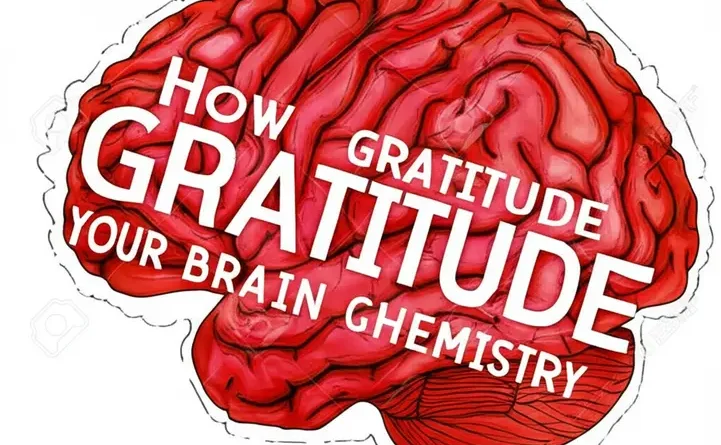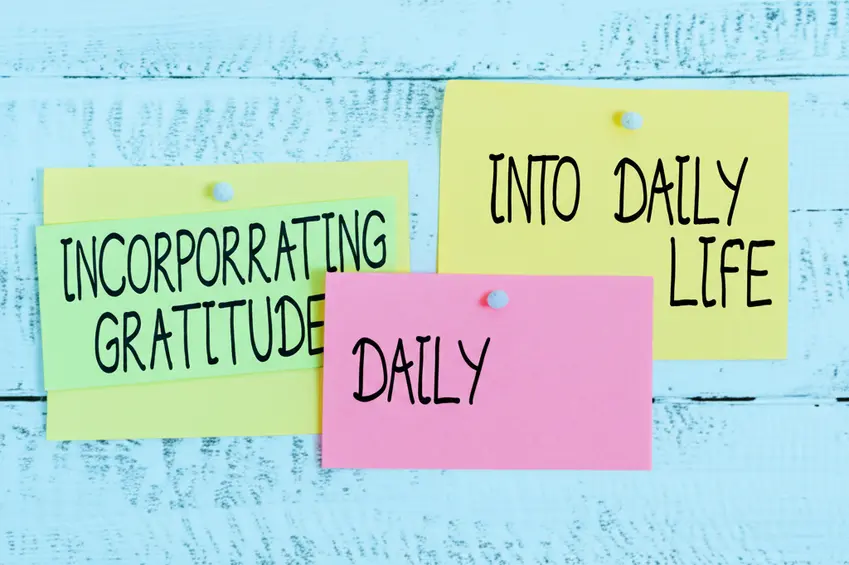How gratitude changes your brain chemistry
The Power of Gratitude
The concept of gratitude is more than just saying ‘thank you.’ It profoundly influences your brain chemistry. When you practice gratitude, your brain releases ‘feel-good’ hormones like dopamine and serotonin. These neurotransmitters play a crucial role in your mood, helping you feel more optimistic and engaged. By taking the time to reflect on the positives in life, you trigger a neurochemical response that can lead to lasting Happiness.
- Boosts overall well-being.
- Reduces stress levels.
- Enhances social connections.
How Gratitude Rewires the Brain
Research indicates that gratitude can actually reshape the brain. Regularly expressing appreciation strengthens the pathways associated with positive feelings. This means the more you practice gratitude, the easier it becomes to feel good. You can cultivate this trait by keeping a gratitude journal or simply acknowledging what you’re thankful for each day.
- Enhances emotional resilience.
- Improves mental health.
- Encourages a positive outlook.
Gratitude and Relationships
Gratitude serves as a powerful tool for enhancing relationships. When you express thanks to others, it strengthens bonds. This practice can reaffirm connections, making them more meaningful. In a world filled with stress and tension, a simple act of gratitude can diffuse negative emotions and promote harmony.
- Promotes forgiveness.
- Builds trust.
- Enhances empathy.
Impact of Gratitude on Your Health
Gratitude not only affects your mental state but also your physical health. Studies show that grateful people tend to experience fewer illnesses and have better sleep quality. They also engage in more health-promoting activities like exercise and regular check-ups.
- Strengthens the immune system.
- Reduces insomnia.
- Promotes a proactive lifestyle.
Incorporating Gratitude into Daily Life
Integrating gratitude into your routine doesn’t have to be complicated. Start with small, consistent actions. You can express gratitude through notes, conversations, or simply taking a moment to reflect. By making gratitude a daily habit, you can significantly enhance your mood and overall quality of life.
- Set reminders to express thanks.
- Make gratitude a family tradition.
- Share positive affirmations.






